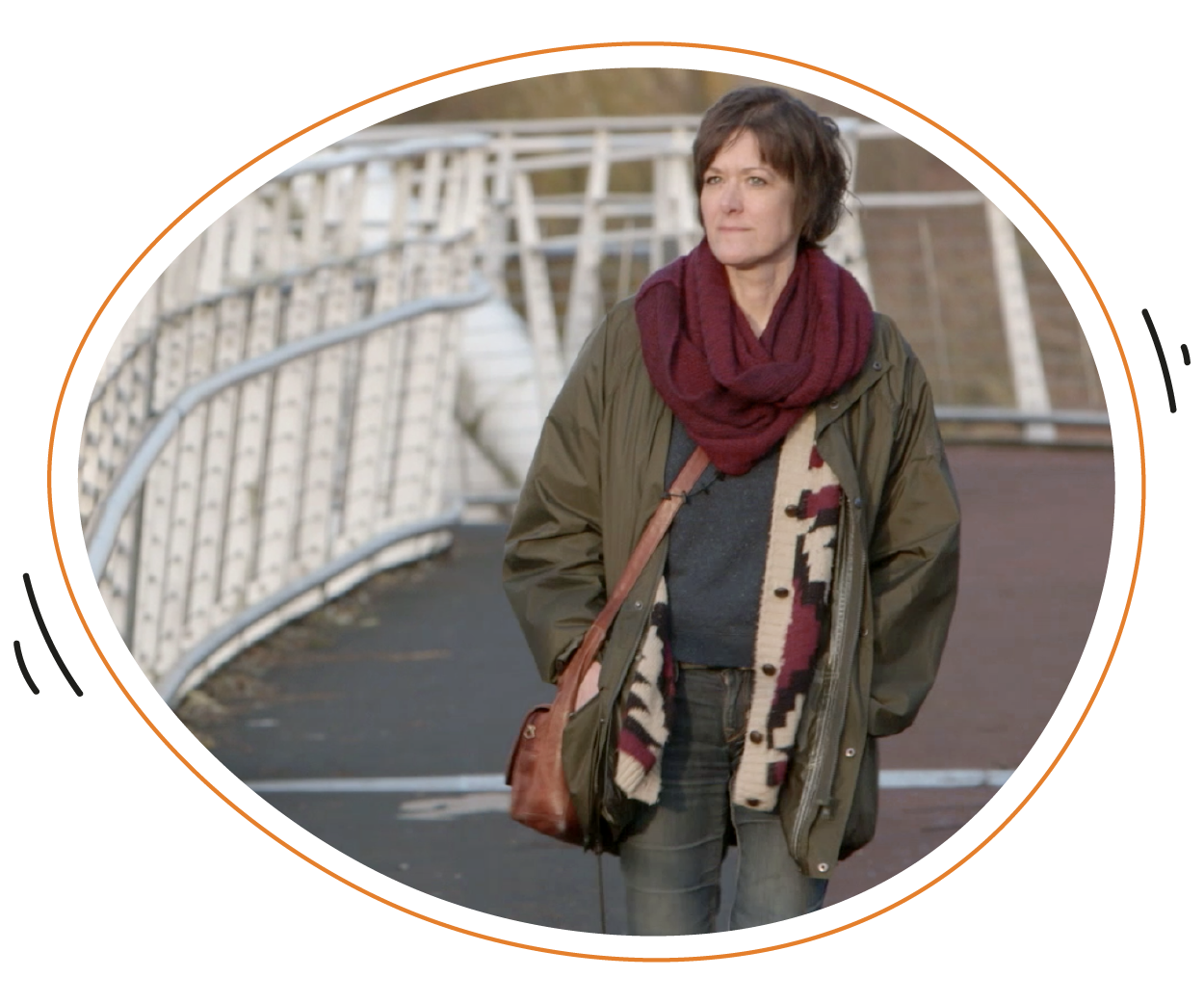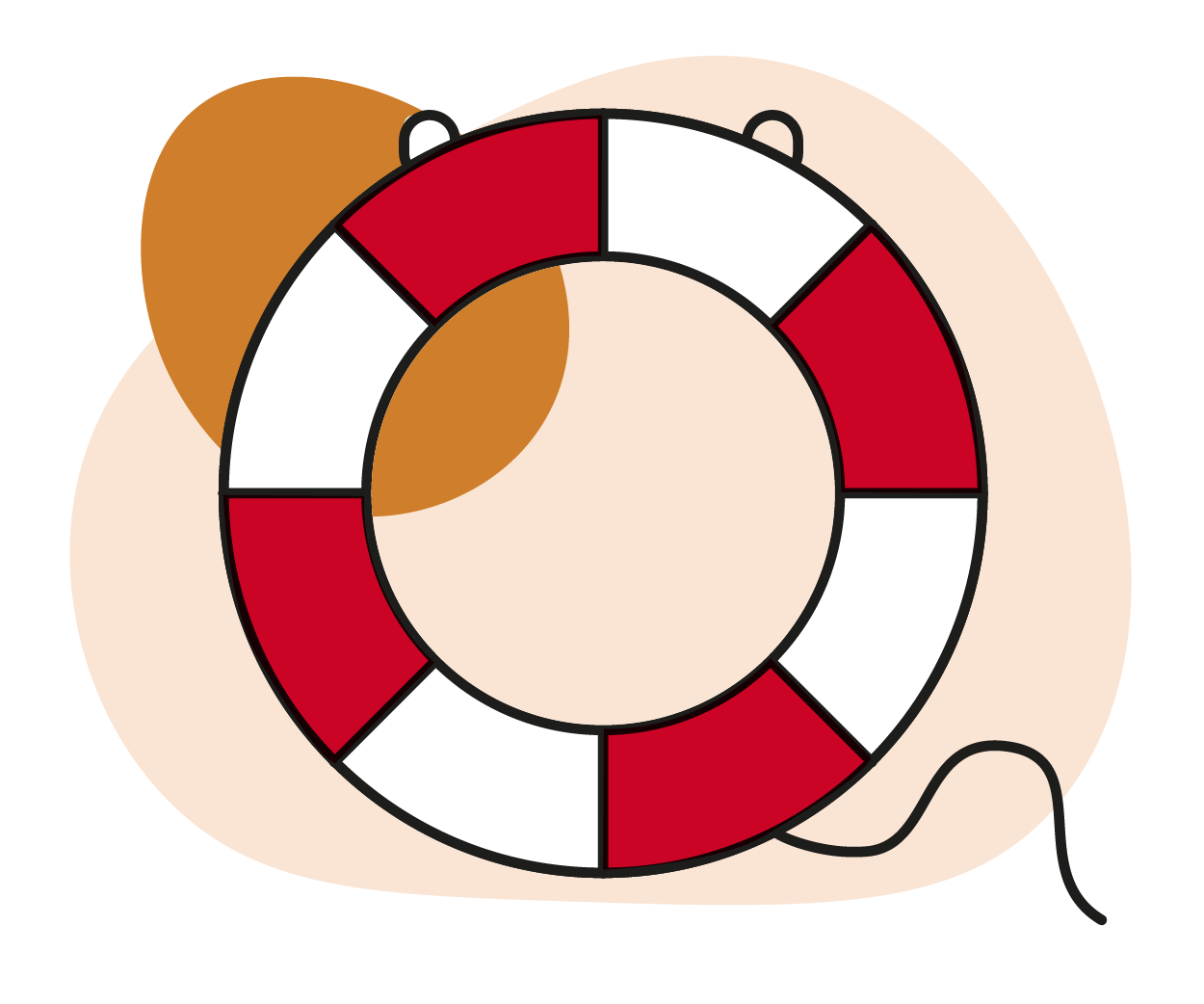I was a lonely, insecure, shy child and teenager and the reasons for this would surface many years later during psychotherapy.
My first indication that anything was seriously wrong was in 1986 when I was 23. I was preparing to go to work as a Motorway Traffic Police Officer, when I broke down in tears. Needless to say, I didn’t go to work that night and very soon afterwards found myself in hospital. I received about eight sessions of electroconvulsive therapy (ECT) which was a brutal and inhumane treatment and ultimately didn’t work.
Eventually, I was discharged and attempted to carry on with my life. It wasn’t long though before I was in considerable distress again and this time the Police Federation Representative came to my house and immediately arranged for me to be admitted to hospital where I remained for the next eight months.
When I was discharged I was desperately trying to cope with my life but struggling and I had another serious emotional meltdown. This was when I got very lucky! A young psychiatrist listened to me describing how I felt and said that she thought that I was a survivor of childhood abuse. This was a complete shock to me but eventually became a major part of who I am and was the point at which my recovery really began.
Over the next few years, I had therapy sessions but became unwell again several times and each time spent about six months in a psychiatric hospital.
When I was discharged the last time, I had group cognitive behavioural therapy sessions. Another key moment came when I was diagnosed with Obsessive-compulsive disorder (OCD) and had some one-to-one therapy specifically to address my OCD. For the next 10 years, I worked very hard on putting into practice the tools l learned to manage my OCD and now I would say that I am in control of it, rather than it being in control of me.
In 2013 I was made redundant from my hospital administrator’s job and in 2015 attended a Recovery College course on resilience run by Richmond Fellowship. At the time a part-time vacancy was being advertised to work as a Peer Support Worker with Richmond Fellowship and I applied. I was successful and on the final week of the course I had the joyous experience of telling my fellow course delegates that I had got a job!
I have now been in post for nearly four years and recently moved to full-time. My role involves one-to-one support, facilitating an OCD support group, acting as a stand-in facilitator for a Depression Support Group, teaching Recovery College courses for the local NHS trust and running a Film Club among other tasks.
I am living proof that it is possible to recover from even the most challenging and appalling of circumstances and turn it all around.
A major part of our work as Peer Recovery Workers involves sharing our recovery journey with the people we support in order to build trust and a mutual relationship and, we hope, to inspire them to work on their own recovery.
So, I am very happy to continue to share my story. In the future, I hope to be able to build on the skills I am developing in my role, grow further in confidence and most importantly of all get used to this strange new feeling of being at peace with myself.
LINK to community based services page























